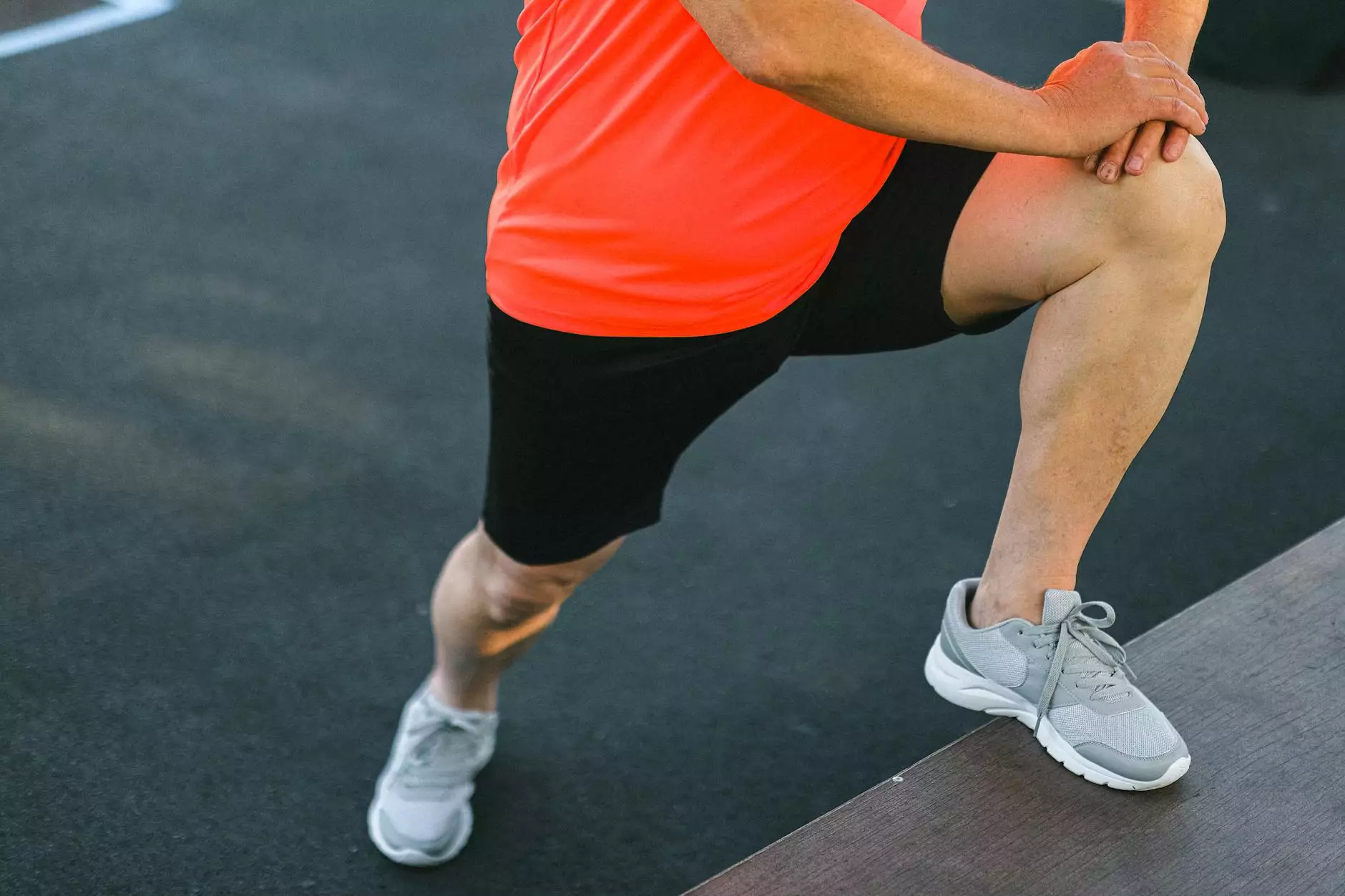Keto For Professional And Amateur Athletes
Health
The Benefits of Keto for Athletes
In the world of professional and amateur sports, maintaining peak performance is crucial. Athletes constantly search for competitive advantages to improve their performance, endurance, and overall wellness. One revolutionary approach gaining popularity is the ketogenic diet.
The keto diet, short for the ketogenic diet, is a low-carb, high-fat diet that has been shown to provide numerous benefits for athletes looking to achieve optimal performance. By shifting your body into a state of ketosis, where it primarily burns fat for fuel instead of carbohydrates, you can experience enhanced energy levels, improved endurance, and faster recovery times.
Boost Energy Levels and Endurance
When you switch to a keto diet, your body becomes efficient at using fat as an energy source, both from dietary fats and stored body fat. Fat is a more sustainable and plentiful energy source compared to carbohydrates, which tend to cause energy crashes when depleted.
By maintaining a state of ketosis, athletes can sustain higher energy levels throughout their training sessions and competitions. This is especially crucial for endurance athletes, as the keto diet allows them to tap into their extensive fat stores during long, grueling activities. Additionally, fat is a more efficient fuel source, providing a stable energy supply without the spikes and crashes that come with carb-heavy diets.
Improved Recovery Times
A key benefit of the keto diet for athletes is its ability to reduce inflammation and promote faster recovery. Intense physical activity often leads to muscle inflammation and oxidative stress, resulting in prolonged recovery periods.
Studies have shown that the keto diet may reduce inflammation markers and aid in muscle repair. By minimizing the consumption of inflammation-triggering foods such as processed sugars and grains, athletes can optimize their recovery and get back to training more quickly.
Elevated Mental Clarity and Focus
Another advantage of the keto diet is its positive impact on mental clarity and focus. When your body enters a state of ketosis, it produces ketones, which are known to fuel brain activity effectively. This can lead to improved cognitive function, heightened concentration, and enhanced athletic performance.
Athletes often face high-pressure situations where mental clarity and focus are vital. By following a keto diet, you can sharpen your cognitive abilities and stay in the zone, giving you a competitive edge in your chosen sport.
Tips for Incorporating Keto into Your Athletic Lifestyle
If you're considering adopting a keto diet as an athlete, it is essential to approach it with careful planning and consideration. Here are a few tips to help you seamlessly incorporate keto into your athletic lifestyle:
1. Consult with a Healthcare Professional
Before making any dietary changes, it's wise to consult with a knowledgeable healthcare professional, such as a registered dietitian or sports nutritionist. They can assess your specific needs, goals, and existing health conditions, providing personalized advice to ensure you're on the right track.
2. Gradually Transition into Keto
Switching to a keto diet abruptly may lead to unwanted side effects, commonly known as the "keto flu." To minimize these symptoms, gradually reduce your carbohydrate intake while increasing healthy fats and proteins. This approach allows your body to adjust more smoothly.
3. Prioritize High-Quality Fats and Proteins
Not all fats and proteins are created equal. Opt for high-quality sources such as avocados, grass-fed meats, nuts, seeds, and fatty fish like salmon. These foods provide essential nutrients and contribute to your overall well-being, promoting optimal athletic performance.
4. Maintain Proper Hydration
Hydration is crucial for athletes, regardless of their dietary choices. With the keto diet's diuretic effect, it's even more important to prioritize hydration. Be sure to drink plenty of water, consume electrolytes, and listen to your body's signals to avoid dehydration.
5. Adjust Macronutrient Ratios Based on Your Activity Level
Your macronutrient ratios may need to be adjusted based on your activity level and individual needs. While the standard keto diet typically consists of approximately 70-75% fat, 20-25% protein, and 5-10% carbohydrates, athletes may require more carbohydrates to support intense training. Experiment with different ratios to find what works best for you.
Discover the Power of Keto for Athletes with Ageless Wisdom Magazine
At Ageless Wisdom Magazine, we understand the significance of nutrition in an athlete's life. Our team of experts is dedicated to providing comprehensive information and tips to help you succeed on your keto journey.
Whether you're a professional athlete or an aspiring amateur, our lifestyle-focused content covers everything from meal plans and recipes to supplementation advice and success stories from fellow athletes.
Embrace the power of keto and unlock your athletic potential with Ageless Wisdom Magazine. Join our community today and start reaping the benefits of this revolutionary dietary approach!




